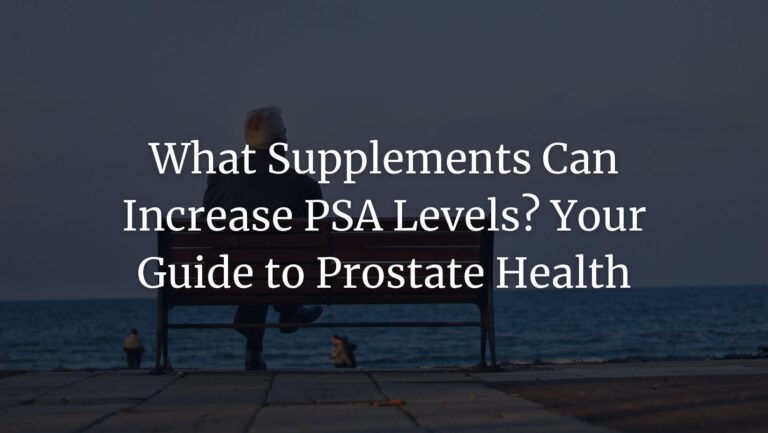Supplement to Curb Sugar Cravings? 11 Blood Sugar Supplements & More Tips
Have you ever found yourself craving a sweet treat in the middle of the day, even though you’re not really hungry? Or perhaps you’ve noticed that you feel a bit “off” if you don’t have a little sugar in your system. If this sounds familiar, you’re not alone. Sugar addiction is a very real struggle for many of us, and it can be a tricky habit to break. But don’t worry, we’re here to help you find the best supplement to curb sugar cravings.
We will discover 11 supplements to stop sugar cravings and help you improve your diet routine. And, we’ll also go over lifestyle changes that affect blood sugar and our desire for sweet treats.
Sugar, while delicious, can have detrimental effects on our health when consumed in excess. From weight gain to increased risk of diabetes, and even potential impacts on mental health, the dangers are widespread and significant. So, whether you’re trying to lose weight, control your blood sugar, or just want to feel healthier, it’s essential to keep those sugar cravings in check.
The good news is that there are various tools out there to help us on this journey, and one of the most effective approaches can be through dietary supplements. Paired with a balanced diet and healthy lifestyle choices, certain supplements can help curb those pesky sugar cravings and make your path to kicking the sugar habit a bit easier.
In this article, we’ll explore eleven supplements that could help you fight sugar cravings, and we’ll offer additional tips for a holistic approach to manage your sugar addiction. Remember, while it might be challenging, it’s definitely possible to break free from the hold sugar has on you. So, let’s dive in and discover some useful strategies together.
Please note: always consult your healthcare provider before starting any new supplement regimen.
Additional side note: I recently did a separate piece covering the best supplement for insulin resistance. Although the topics are similar, some of the insulin-resistance-specific research is different & the focus there isn’t on sugar consumption but metabolic health. Check it out after this one if you want to continue learning about the subject.
Understanding Sugar Addiction
Sugar addiction isn’t just about having a sweet tooth. It’s a bit more complicated than that.
When you consume sugar, your body releases chemicals that make you feel good, notably dopamine, the neurotransmitter responsible for the sensation of pleasure. Essentially, your brain starts associating sugar with feeling good, which can lead to cravings when your dopamine levels drop.
This is because sugar is an excellent energy source and our bodies evolved at a time when food was scarce. We like sugar because it’s packed with calories. If the mammoth population drops or we can’t gather enough berries, we need an energy reserve. So, whenever our ancestors found something sweet, you best believe they ate it all.
Of course, today those same mechanisms are no longer necessary for survival. In fact, they’ve turned on us, making it harder to adopt a healthy diet & easier to fall into the trap of sugar addiction.
Furthermore, sugar increases your insulin levels – a necessary mechanism for controlling blood sugar. But, when the insulin levels drop after the hike, the reduction can have some nasty consequences. The blood sugar drop after you eat a fast-digesting carb (like white sugar) can result in feelings of fatigue, moodiness, and a renewed craving for sugar to boost your energy back up.
It becomes a bit of a vicious cycle, making it challenging to reduce sugar intake.
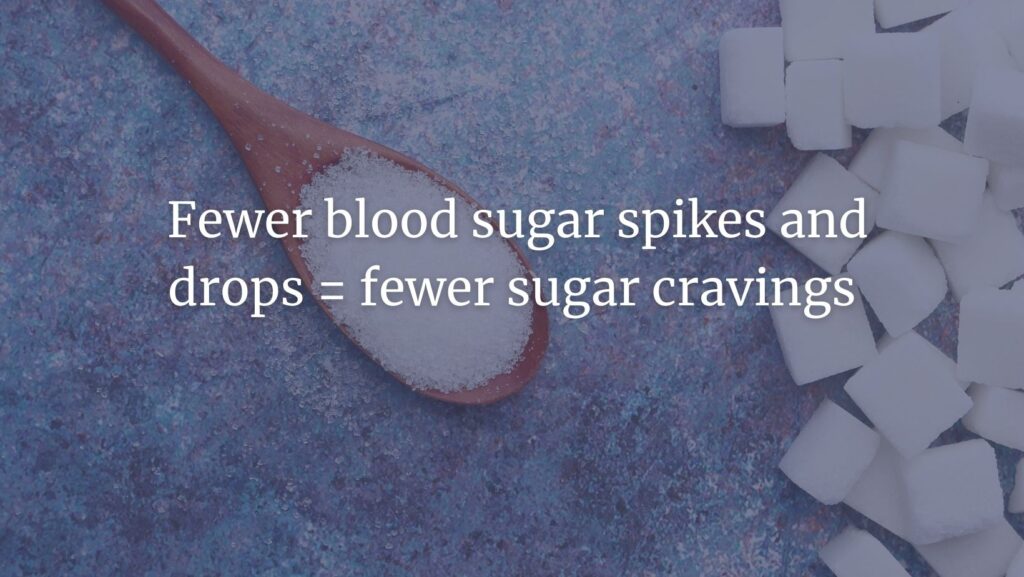

Most supplements we’ve recommended act on this mechanism – the constant cycling between glucose (and insulin) spikes and drops. Stabilising blood sugar and improving insulin resistance are a great way to curb cravings AND they are also a way to protect yourself against type 2 diabetes.
Common signs of sugar addiction include intense cravings for sweet food, feeling out of control and unable to resist sweet treats, and experiencing withdrawal symptoms like headaches, mood swings, and fatigue when trying to cut down on sugar. Understanding these processes and recognizing these symptoms is the first step toward breaking the cycle and taking control of your sugar intake.
In the next section, we’ll delve into how certain supplements can help mitigate these symptoms and cravings, helping you break free from sugar addiction. Let’s take a closer look at these helpful allies on your journey towards a healthier lifestyle.
11 Supplements to Curb Sugar Cravings
Now that we understand a bit more about sugar addiction, let’s explore some supplements that can help in reducing sugar cravings.
1. Chromium Picolinate
Chromium is a mineral that our bodies need in trace amounts. Some scientists consider it an essential nutrient, while others argue it may not be – but, either way, it has far-reaching effects on blood sugar and glucose metabolism.
Chromium is a part of the chromodulin molecule that supports insulin function, hormone critical to the metabolism and storage of carbohydrates, fats, and proteins in the body.
Since chromium is known to enhance the function of insulin, it can also support healthy blood sugar levels. This cuts one of the sugar craving mechanisms – the blood sugar drop and the insulin-induced cravings. And, we have some compelling evidence about that. Research shows that chromium might even improve insulin sensitivity in people with type 2 diabetes.
Now why take chromium picolinate? Because it’s absorbed better than chromium. For regular chromium, you only absorb 2.5% of what you ingested. Chromium picolinate has a much better absorption rate – that’s why it’s the preferred compound for supplementation.
2. Glutamine
Glutamine (or L-glutamine) is an amino acid that plays an essential role in more than just muscle recovery. From immune system regulation to metabolic health, it’s a key nutrient in a healthy diet. Even better, research points at glutamine aiding weight loss by a range of mechanisms including improved blood sugar control.
Studies suggest that glutamine can:
- Improve insulin sensitivity or the way in which your cells respond to insulin. Insulin resistance is a key risk factor for diabetes – and it can contribute to sugar cravings. This is one of the main ways in which glutamine can help you curb sugar cravings.
- Support a healthy microbiome. Since the gut flora has a significant effect on body weight, appetite, and a range of system functions, this is also great news.
- Reduce inflammation in the body. Chronic pro-inflammatory conditions are linked to higher risk of disease – glutamine can curb that.
3. Magnesium
Magnesium is a mineral involved in hundreds of biochemical reactions in your body, including glucose metabolism. A deficiency in magnesium has been linked to insulin resistance – and that can induce increased sugar cravings. By maintaining healthy magnesium levels, you may help regulate your body’s glucose and insulin balance, ultimately reducing your desire for sweets.
Magnesium is also one of the nutrients that many people in the West are lacking. That’s because our diet doesn’t have much leafy greens or nuts & seeds, but it’s rich in zero-magnesium foods like animal protein. A magnesium supplement isn’t as effective as enhancing your diet, but it can support you on your way to healthier magnesium levels.
4. Berberine
Its use spans centuries within the realm of Ayurvedic and Traditional Chinese Medicine, with a long-standing reputation for combatting various types of infections.
But the noteworthy benefits of the berberine supplement extend far beyond its antimicrobial attributes. Cutting-edge research has brought to light its impressive capacity for blood sugar regulation. These potent glucose-lowering effects establish Berberine as a valuable ally in the quest for healthier blood sugar levels, potentially providing a significant if you’re looking to manage your sugar intake more effectively.
5. Vitamin B Complex
The Vitamin B Complex comprises eight B vitamins, each playing a unique role in maintaining your health. When it comes to sugar cravings, they’re particularly important. B vitamins help convert the food you eat into energy – they’re essential in converting glucose in particular. By maintaining stable energy levels throughout the day, they help you avoid the peaks and troughs that often lead to sugar cravings. Moreover, specific B vitamins, like B3, B6, and B12, can help regulate blood sugar levels and even lower your risk of type 2 diabetes.
6. Fish Oil
Rich in omega-3 fatty acids, fish oil is known for its wide-ranging health benefits, from boosting brain function to reducing inflammation. But did you know it can also help manage your sugar cravings? Studies suggest that omega-3 fatty acids can improve insulin sensitivity, which helps regulate blood sugar levels and, as a result, helps control cravings for sweets.
If you’re looking for a vegetarian alternative to fish oil, you can try including crushed flax seeds or a flax-based omega-3 supplement.
7. Gymnema Sylvestre
Gymnema Sylvestre is an herb that has been used in Ayurvedic medicine for centuries, primarily for managing blood sugar levels. It’s known to promote the release of insulin and improve insulin sensitivity. Additionally, it has a unique property – it can make sweet foods taste less appealing by interacting with your taste receptors. This can be particularly helpful when you’re trying to cut down on sugar. Learn about the best gymnema sylvestre supplement in our dedicated article.
8. Fiber
While not technically a supplement, adding more fiber to your diet can significantly help manage your sugar cravings. Fiber slows the absorption of sugar into your bloodstream, which can prevent the blood sugar spikes and crashes that lead to cravings. It also helps you feel full for longer, reducing the chance of reaching for a sugary snack between meals.
And, an unrelated to sugar cravings benefit – for every 10g of fiber you add to your diet, your colorectal cancer risk drops by 10%. Considering most of us aren’t eating as much fiber as recommended, this is another great science-backed motivation to do it.
Foods high in fiber include fruits, vegetables, whole grains, and legumes, but fiber supplements are also available if you’re struggling to get enough from your diet alone.
9. Fenugreek
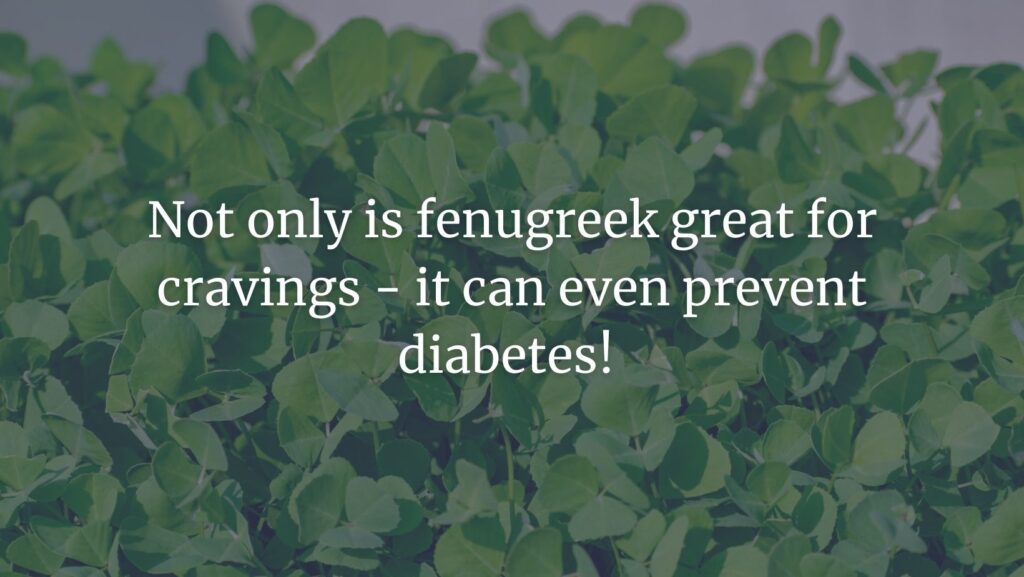

Fenugreek, a popular herb in Arabic regions and India, has seeds that contain fibers and chemicals that can slow down digestion and the body’s absorption of carbohydrates and sugar.
The result? It helps maintain blood sugar balance and manage your cravings. Moreover, fenugreek has been shown to increase feelings of fullness, which can also help reduce sugar intake.
We even have research that shows 10 g Fenugreek/day reduces pre diabetes’ chances of turning into diabetes!
10. Cinnamon
Cinnamon is more than just a delicious spice.
It has potent antioxidant and anti-inflammatory properties and can mimic sweetness, which can help satisfy your sweet tooth without any sugar. But that’s not the best news when it comes to sugar cravings. Just like the other supplements we’ve covered so far, cinnamon can improve insulin sensitivity and lower blood sugar levels, providing an essential mechanism to help control sugar cravings.
And, this is one of the most accessible things to add to your diet. You can get a cinnamon supplement, sure, but you can also just add a teaspoon to your coffee in the morning – and reap great health benefits.
11. Zinc
Zinc is an essential mineral with a range of functions in the body, including contributing to the production of insulin. Some research indicates that zinc may improve glucose levels in people with lower blood levels of zinc. It’s also been suggested that zinc might help regulate appetite, which can be beneficial when you’re trying to reduce your sugar intake.
Remember, before you start taking any of these supplements, it’s important to talk with your healthcare provider to make sure they are safe and right for you. In the next section, we’ll share additional tips on how to kick your sugar addiction. These tips combined with the right supplements can help you break free from sugar’s hold on your life.
Tips for Incorporating a Supplement to Curb Sugar Cravings
So you’ve learned about these eleven supplements that could be beneficial for curbing your sugar cravings. But how do you go about incorporating them into your daily routine? Here are a few tips:
Consult Your Healthcare Provider
This cannot be emphasized enough. Everyone’s body is different, and what works for one person may not necessarily work for you. Before starting any new supplement, it’s crucial to consult your healthcare provider. They can provide personalized advice based on your medical history and current health status. This is especially important if you’re taking prescription medication or if you have any chronic conditions.
Gradual Incorporation
Rather than starting all the supplements at once, consider introducing them gradually. This approach allows you to monitor the effects of each supplement individually and makes it easier to identify any that cause adverse reactions. We’ve given you a bunch of options in this article but this doesn’t mean you have to take them all at once.
Complement with Balanced Diet
Supplements are called so because they’re meant to supplement your diet, not replace it. Ensure you’re eating a balanced diet rich in fruits, vegetables, lean protein, and whole grains. A healthy diet can enhance the effectiveness of the supplements and help you achieve your health goals more effectively. Plus, getting your nutrients from food is always preferable to getting them from supplements.
Pair with Healthy Lifestyle
Likewise, supplements work best when paired with a healthy lifestyle. Regular exercise, adequate sleep, and stress management are all crucial components of overall health and can play significant roles in managing sugar cravings.
Follow Recommended Dosages
Always follow the recommended dosages for supplements unless instructed otherwise by your healthcare provider. More doesn’t always mean better, and in some cases, taking too much of a supplement can be harmful. And, follow the other instructions on the package, too – e.g., when to take them, whether to take your supplement with food or not, etc.
In the next section, we’ll look at more holistic strategies you can adopt in conjunction with these supplements to effectively kick your sugar addiction. Remember, it’s not just about willpower; it’s about equipping yourself with the right tools and strategies to succeed.
Additional Strategies for Kicking Your Sugar Addiction
Now that we’ve delved into the world of supplements, let’s explore additional strategies that complement their use and offer a more holistic approach to conquering sugar addiction.
1. Emphasise Protein & Fiber
A balanced and nutritious diet can help regulate your blood sugar levels and reduce sugar cravings. Incorporate foods rich in protein, fiber, and healthy fats in your meals, and keep processed foods to a minimum. Protein and fiber can help you feel full for longer, reducing the need to snack on sugary foods.
Similarly, foods high in healthy fats, such as avocados and nuts, can satisfy your appetite and help curb cravings. There’s a long-standing myth that fat will, well, also make you fat but our science has evolved since we had those beliefs. Getting high-quality fat (and especially fat from plant sources) is an excellent way to improve your diet and combat your cravings.
2. Regular Exercise
Regular physical activity not only improves your overall health and well-being but also helps regulate your blood sugar levels and mood, both of which can influence sugar cravings. Whether it’s a brisk walk, a yoga class, or a more intense workout session, find a form of exercise that you enjoy and can stick with regularly.
3. Mindful Eating
Paying attention to what and when you eat can help you manage your sugar intake. Take the time to savor your food, and try to eat without distractions like the TV or your phone. Listen to your body’s hunger and fullness cues, and try to differentiate between physical hunger and emotional cravings.
4. Hydration
Sometimes, our bodies confuse thirst with hunger, leading us to reach for a sugary snack when we’re actually just dehydrated. Keeping well-hydrated throughout the day can help reduce sugar cravings, so make sure you’re drinking plenty of water.
5. Sleep
Lack of sleep can mess with your hunger hormones and can lead to increased sugar cravings. Ensuring you get a good night’s sleep can help manage these cravings and is crucial for your overall health.
Incorporating these strategies, along with the use of the right supplements, can help you manage and eventually kick your sugar addiction. In the next section, we’ll wrap up everything we’ve discussed so far. Remember, every small step you take towards overcoming this challenge is a victory, so keep going! You’re doing great!
Conclusion
Sugar addiction, with its associated cravings, can be a significant hurdle on the road to a healthier lifestyle. But it’s not an insurmountable one. Understanding your body, how sugar affects it, and the tools available to you are crucial first steps in this journey.
We’ve explored a wide range of supplements – from Chromium Picolinate and Glutamine to Fiber and Cinnamon – that can help manage your blood sugar levels and reduce cravings. Remember, it’s essential to talk to a healthcare provider before starting any new supplement regimen. They can guide you based on your individual health needs and circumstances.
Alongside these supplements, we’ve discussed additional strategies to help control your sugar intake. A balanced diet, regular exercise, mindful eating, staying hydrated, and ensuring adequate sleep can all play a role in managing your sugar cravings. These practices, combined with the right supplement to curb sugar cravings, can offer a comprehensive approach to overcoming sugar addiction.
At the end of the day, the goal is to create a healthier relationship with food where you’re in control, not your cravings. It may seem difficult at first, but every step you take towards this goal is a step towards a healthier and happier you. So, here’s to taking that first step, and to the many more that will follow. You’ve got this!
References
- Anderson RA, Cefalu WT. Chromium. In: Coates PM, Betz JM, Blackman MR, et al., eds. Encyclopedia of Dietary Supplements 2nd ed. New York, NY Informa Healthcare; 2010.
- Vincent JB, Lukaski HC. Chromium. Adv Nutr 2018;9:505-6. [PubMed abstract]
- Cruzat V, Macedo Rogero M, Noel Keane K, Curi R, Newsholme P. Glutamine: Metabolism and Immune Function, Supplementation and Clinical Translation. Nutrients. 2018 Oct 23;10(11):1564. doi: 10.3390/nu10111564. PMID: 30360490; PMCID: PMC6266414.
- Abboud KY, Reis SK, Martelli ME, Zordão OP, Tannihão F, de Souza AZZ, Assalin HB, Guadagnini D, Rocha GZ, Saad MJA, Prada PO. Oral Glutamine Supplementation Reduces Obesity, Pro-Inflammatory Markers, and Improves Insulin Sensitivity in DIO Wistar Rats and Reduces Waist Circumference in Overweight and Obese Humans. Nutrients. 2019 Mar 1;11(3):536. doi: 10.3390/nu11030536. PMID: 30832230; PMCID: PMC6471297.
- Wang JL, Shaw NS, Yeh HY, Kao MD. Magnesium status and association with diabetes in the Taiwanese elderly. Asia Pac J Clin Nutr. 2005;14(3):263-9. PMID: 16169838.
- Swaminathan R. Magnesium metabolism and its disorders. Clin Biochem Rev. 2003 May;24(2):47-66. PMID: 18568054; PMCID: PMC1855626.
- Mascolo E, Vernì F. Vitamin B6 and Diabetes: Relationship and Molecular Mechanisms. Int J Mol Sci. 2020 May 23;21(10):3669. doi: 10.3390/ijms21103669. PMID: 32456137; PMCID: PMC7279184.
- Lepretti M, Martucciello S, Burgos Aceves MA, Putti R, Lionetti L. Omega-3 Fatty Acids and Insulin Resistance: Focus on the Regulation of Mitochondria and Endoplasmic Reticulum Stress. Nutrients. 2018 Mar 14;10(3):350. doi: 10.3390/nu10030350. PMID: 29538286; PMCID: PMC5872768.
- Al-Romaiyan A, Liu B, Docherty R, Huang GC, Amiel S, Persaud SJ, Jones PM. Investigation of intracellular signalling cascades mediating stimulatory effect of a Gymnema sylvestre extract on insulin secretion from isolated mouse and human islets of Langerhans. Diabetes Obes Metab. 2012 Dec;14(12):1104-13. doi: 10.1111/j.1463-1326.2012.01660.x. Epub 2012 Aug 1. PMID: 22775778.
- Dong Y, Chen L, Gutin B, Zhu H. Total, insoluble, and soluble dietary fiber intake and insulin resistance and blood pressure in adolescents. Eur J Clin Nutr. 2019 Aug;73(8):1172-1178. doi: 10.1038/s41430-018-0372-y. Epub 2018 Dec 6. PMID: 30523304; PMCID: PMC6586511.
- Gaddam A, Galla C, Thummisetti S, Marikanty RK, Palanisamy UD, Rao PV. Role of Fenugreek in the prevention of type 2 diabetes mellitus in prediabetes. J Diabetes Metab Disord. 2015 Oct 2;14:74. doi: 10.1186/s40200-015-0208-4. PMID: 26436069; PMCID: PMC4591578.
- Qin B, Panickar KS, Anderson RA. Cinnamon: potential role in the prevention of insulin resistance, metabolic syndrome, and type 2 diabetes. J Diabetes Sci Technol. 2010 May 1;4(3):685-93. doi: 10.1177/193229681000400324. PMID: 20513336; PMCID: PMC2901047.
- Yin J, Zhang H, Ye J. Traditional chinese medicine in treatment of metabolic syndrome. Endocr Metab Immune Disord Drug Targets. 2008 Jun;8(2):99-111. doi: 10.2174/187153008784534330. PMID: 18537696; PMCID: PMC2467395.
- 4. Afridi HI, Kazi TG, Kazi N, Baig JA, Jamali MK, Arain MB, Sarfraz RA, Sheikh HU, Kandhro GA, Shah AQ. Status of essential trace metals in biological samples of diabetic mother and their neonates. Arch Gynecol Obstet. 2009;280:415–423. [PubMed] [Google Scholar] [Ref list]
- Viktorínová A, Toserová E, Krizko M, Duracková Z. Altered metabolism of copper, zinc, and magnesium is associated with increased levels of glycated hemoglobin in patients with diabetes mellitus. Metabolism. 2009;58:1477–1482.[PubMed] [Google Scholar] [Ref list]
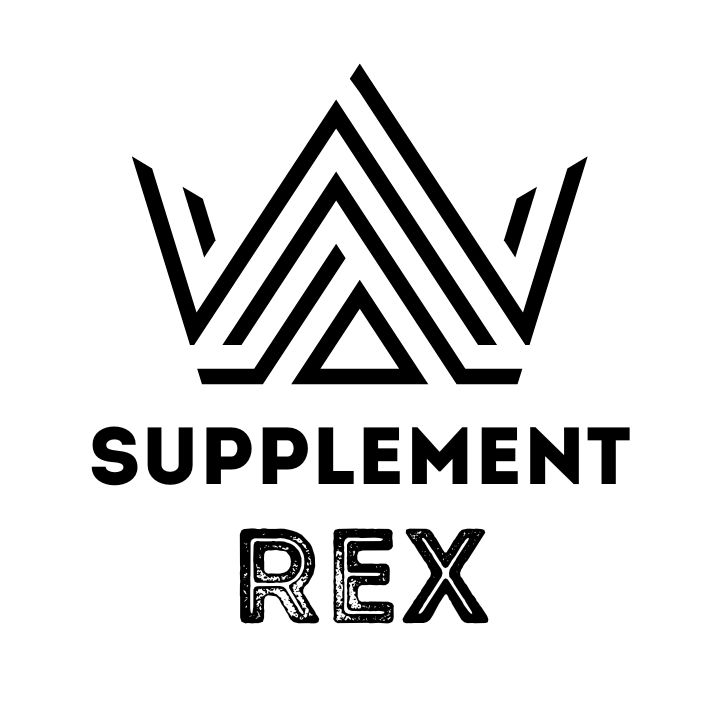
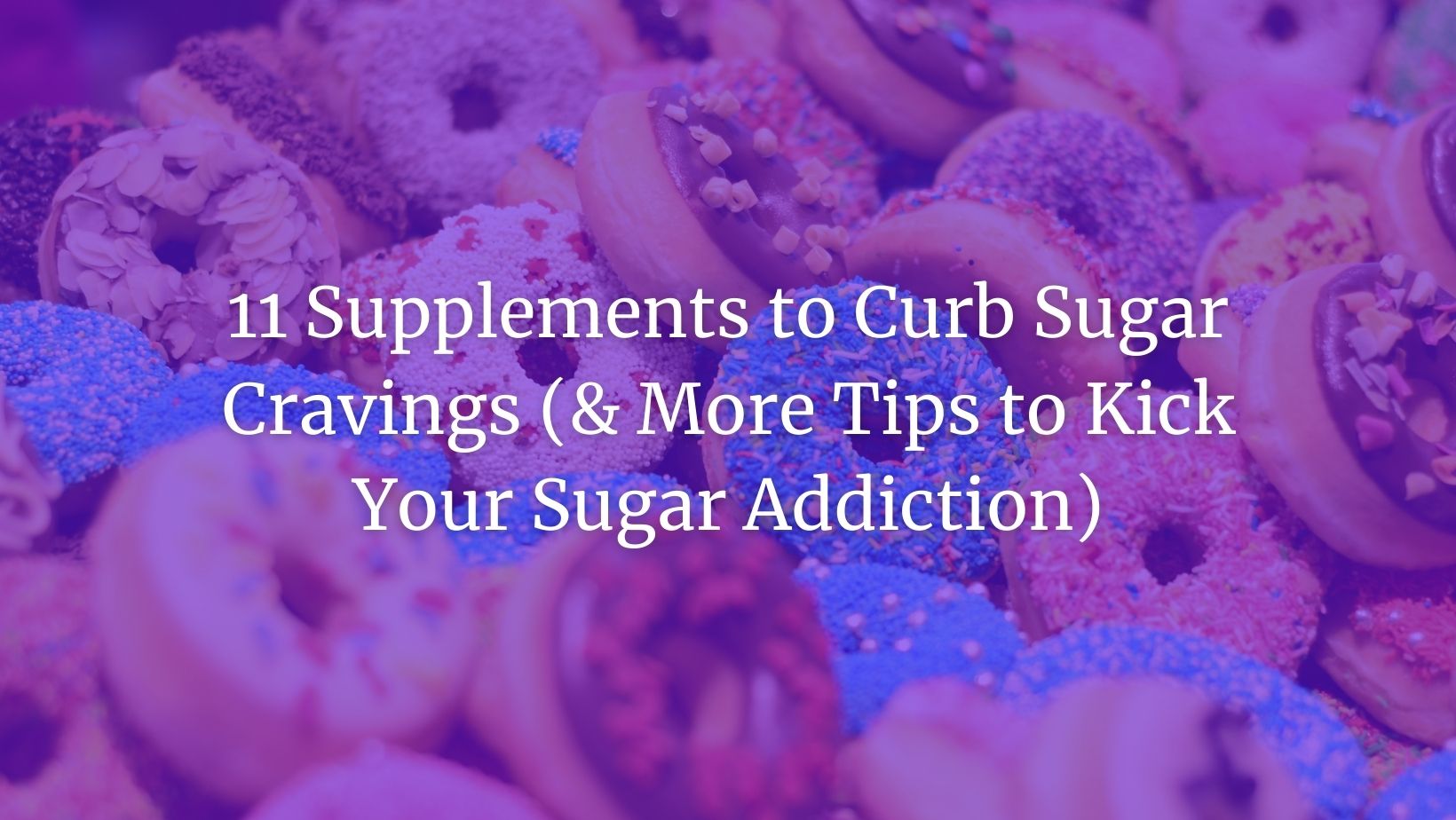
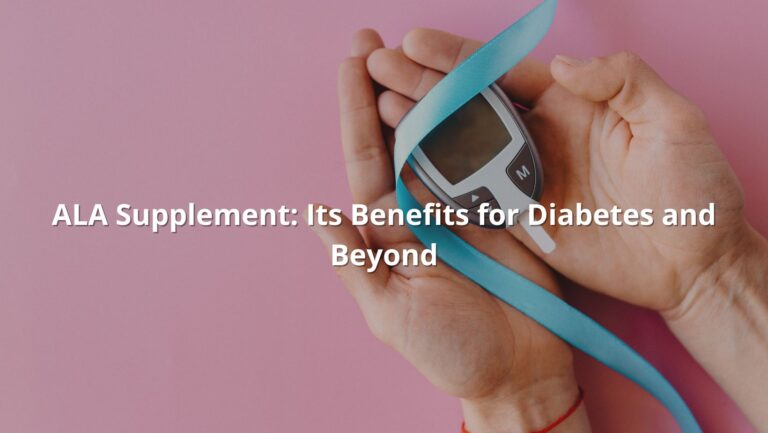
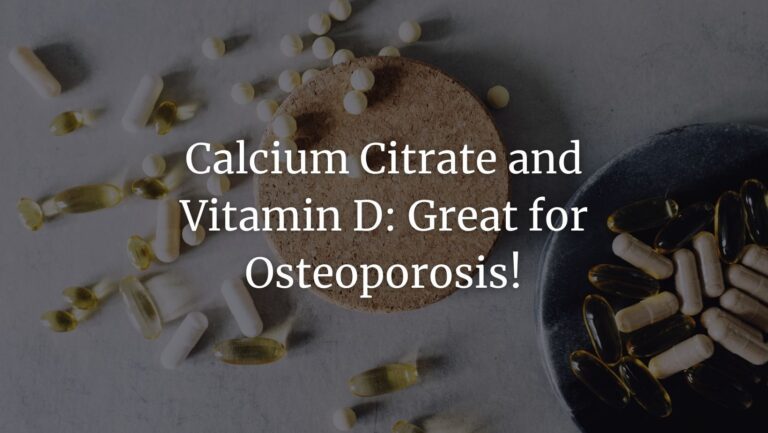
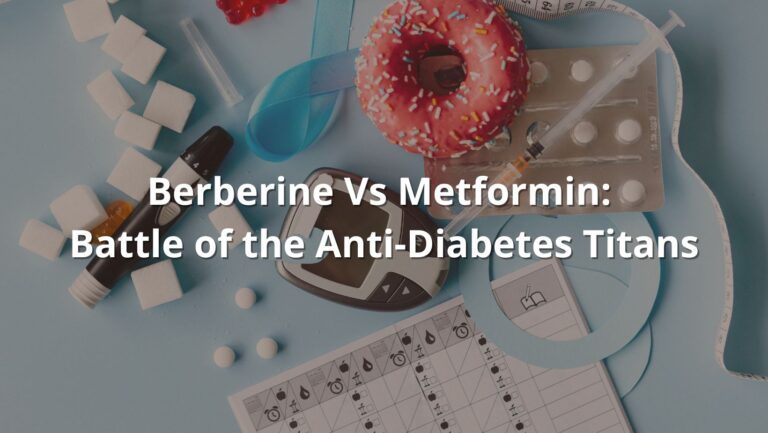

![What Is the Best Sulforaphane Supplement? [2023 In-Depth Guide]](https://supplementrex.com/wp-content/uploads/2023/06/6-768x433.jpg)
